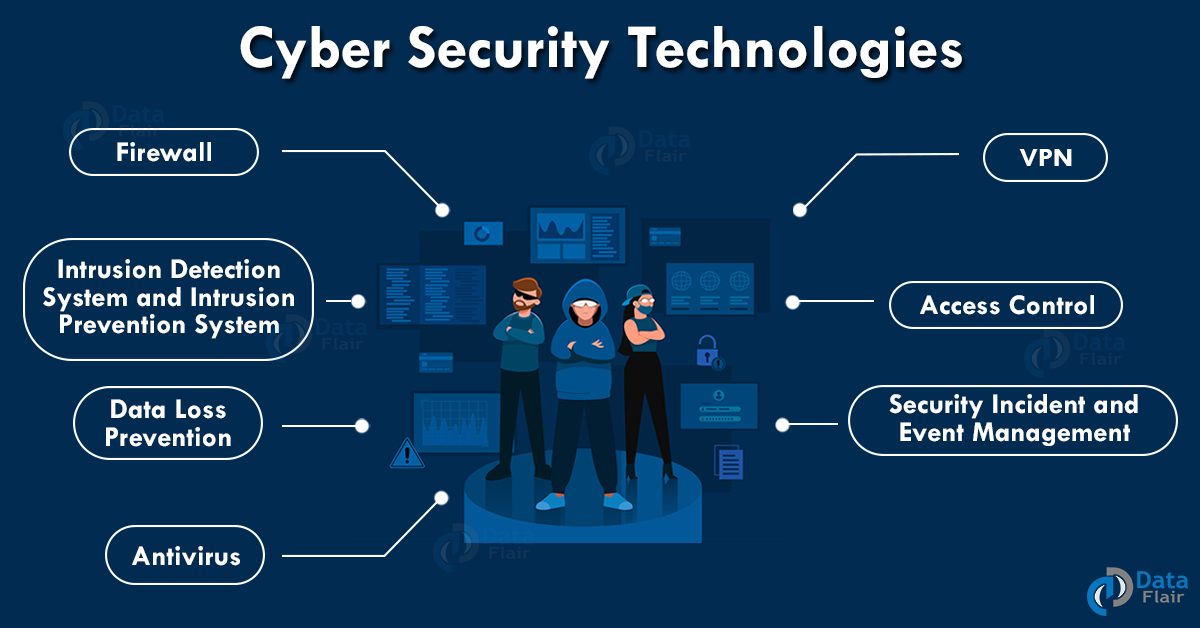Traits of a Reliable Cybersecurity Ally

In the current digital landscape, in which cyber threats are becoming increasingly sophisticated, selecting the right cybersecurity partner is now crucial than before. Businesses face a barrage of potential attacks, and knowing how to look for in a top-tier cybersecurity company can make the difference between staying secure and suffering devastating breaches. For business owners, it's crucial to find a provider that not just understands your specific needs but also has the expertise and resources to protect your valuable assets effectively.
As you are choosing a cybersecurity partner, there are important factors to consider that can help you identify a trustworthy and reliable provider. From assessing their certifications and experience to evaluating their approach to risk management, understanding the must-have qualities of a cybersecurity firm will enable you to make an informed decision. As you navigate this important process, remember to keep an eye out for red flags that could indicate a less-than-reliable partner. With the proper guidance, you can find a cybersecurity company that stands out for all the appropriate reasons and can provide the protection your business needs in a continually evolving threat landscape.
Essential Attributes of a Trustworthy Cybersecurity Partner
One of the key qualities to seek in a cybersecurity provider is their experience and knowledge in the field. Technology Consulting Firms that has been in the industry for numerous years is likely to possess a profound understanding of multiple cyber threats and effective mitigation strategies. Additionally, think about their specialization in your unique industry, as this can ensure they are familiar with the specific challenges and compliance requirements you may face. A trustworthy partner should also have a record of effectively managing and resolving security breaches.
Accreditations and alliances with recognized organizations can serve as indicators of trustworthiness and competence in cybersecurity. Look for firms that have obtained industry-standard certifications such as ISO 27001, PCI DSS, or CISSP. These certifications not only demonstrate a promise to maintaining high-security standards but also indicate a proactive approach to staying updated with the latest best practices. It is crucial to verify their claims and check references to ensure that they maintain these standards in their operations.

Additionally, strong communication and support capabilities are critical traits of a reliable cybersecurity provider. Effective collaboration with your internal team can make a significant difference in the execution of security measures and incident response. A trustworthy company should be transparent in their processes, offering frequent updates and reports that detail their activities and the overall security posture of your organization. Additionally, their willingness to provide education and resources can empower your staff to recognize and lessen potential risks, creating a more secure defense overall.
Essential Questions to Evaluate Cybersecurity Firms
When assessing potential security firms, it is essential to ask about their particular experience and knowledge in the industry. Ask about Tech Industry Consultants , including the kinds of challenges they have handled and the effectiveness of their strategies. Understanding how they handle unique challenges relevant to your field can provide insight into their ability to safeguard your business. Additionally, ask for illustrations or testimonials that show their track record in similar scenarios.
Another key area to investigate is the firm’s approach to evaluating risk and adherence to regulations. Ask how they find vulnerabilities within the organization and their processes for ensuring that you meet necessary regulations and standards. A reliable cybersecurity provider should have a robust plan for both assessing threats and ensuring compliance, as these are vital for protecting your functioning and reputation.
Finally, it’s crucial to address the support and communication channels they provide. Clarify how they will report on security concerns and events, and what support options are provided in case of a breach. Understanding their incident response protocols will help you evaluate their preparedness and trustworthiness in times of crisis. Open and clear communication is crucial to a beneficial partnership, so ensure that the firm emphasizes transparency and quickness to respond.
Red Flags To Consider Selecting a Cybersecurity Provider
When it comes to choosing a cybersecurity provider, it is essential to be watchful for red flags that may indicate they are not the best choice for your organization. One significant warning sign is a lack of transparency about their methodologies and practices. If a company is evasive or reluctant to share how they approach cybersecurity, it may raise questions on their credibility in their services. Reputable firms should be open about their strategies, technologies, and response protocols, helping you grasp how they safeguard your assets.
Another concerning sign is an absence of appropriate certifications and industry accolades. Capable cybersecurity companies usually possess multiple certifications, such as ISO 27001 certification, PCI DSS certification, or others that demonstrate their adherence to recognized best practices and standards. If a provider cannot present valid certifications or fails to keep up with industry trends, it could suggest a shortcoming in knowledge or commitment to maintaining top-notch services which are crucial for your security needs.
Finally, be wary of pushy sales tactics or claims that seem too good to be true. If a cybersecurity provider assures complete protection against all cyber threats or pressures you into signing a contract too quickly, this approach may suggest a lack of ethical standards. A trustworthy partner should engage in a consultative process, addressing your specific concerns while setting realistic expectations about the extent of security they can provide.
